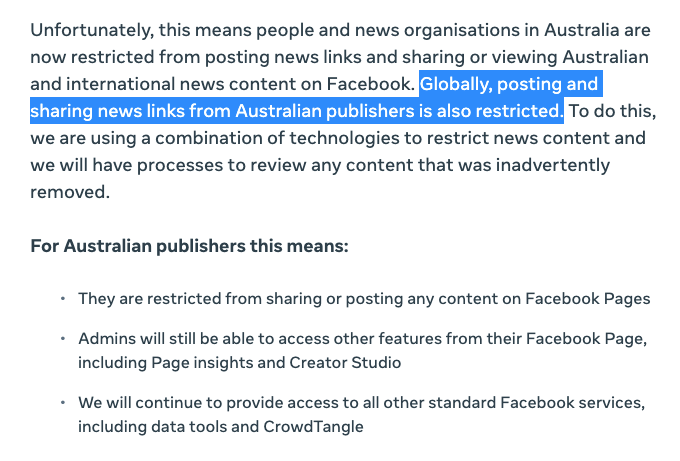
House Antitrust hearing on how to break up big tech platforms is starting.
This hearing is the legislative follow-through on Congress's critical investigation into big tech. These hearings are where actual policy change occurs. @econliberties's @mh4oh will be testifying on the need for break-ups.
Now @davidcicilline is talking about Facebook as a key vector for the organizing of the riot at the Capitol. Zuckerberg said he would do nothing about it, and Cicilline says that's because of a lack of competition. He doesn't fear market repercussions.
Now Republican @RepKenBuck praises @davidcicilline for bipartisan, and notes that the anti-competitive practices of big tech against small businesses. And then points out these firms deplatformed Trump and Parler. All part of the same problem, he says.
Now comes @Jim_Jordan to disrupt the hearing with arguments about cancel culture. Jordan is just disguising his libertarian support for Google, Facebook, Amazon, etc.
Though he was fairly muted.
Though he was fairly muted.
The key point of @CharlottesWWWeb's testimony is Public Knowledge's view that breaking up the platforms is a bad idea, they want regulation instead.
This is a weaker approach than regulation plus breakups. We saw GDPR in Europe fail because Facebook and Google simply oppose it.
This is a weaker approach than regulation plus breakups. We saw GDPR in Europe fail because Facebook and Google simply oppose it.
Some strong testimony from @HalSinger. He basically calls for structural separation of big tech platforms if they keep breaking the rules.
So @HalSinger says that these platforms "may not be governable" and must be cut down to size preemptively. Points out Amazon preemptively suing @TishJames in New York, Facebook banning news in Australia, and Zuckerberg's Supreme Court.
Founder and CEO of Mapbox Eric Gundersen is talking about the gatekeeping power of Google Maps. "The gatekeeping is brazen... I need your help now."
Google is bullying customers against those who want to use Mapbox.
Google is bullying customers against those who want to use Mapbox.
Gunderson points out that Ford signed a big deal with Google MPas that locks Ford into not only Google Maps but also Google's Cloud service. Lots of gatekeeping, threats, and leveraging of monopoly power into new markets.
Tad Lipsky is now testifying on how antitrust laws are perfect. You may not realize that he has been in that hearing room for four months since his last testimony, and has not stopped talking.
Lipsky essentially argues that antitrust should be worked out by judges. The conservative movement is rebelling against this judge worship. americanrestorationcenter.com/big-tech-letter
Chicago School stalwart Tad Lipsky and consumer rights liberal @CharlottesWWWeb are on the same page against stronger antitrust enforcement to break up platforms, instead seeking regulation of monopolies.
Now @econliberties Morgan Harper is testifying, asking for a traditional "regulated competition" approach to dealing with big tech. Break up big tech, and regulate the component pieces. economicliberties.us/press-release/…
So @RepSwalwell and @CharlottesWWWeb are working together at this hearing to say that antitrust law can't work against big tech platforms. This is absurd. Swalwell says the point of antitrust laws is to protect consumers from high prices.
Well well well. @RepMondaire is bringing up Tad Lipsky's funding from big tech. And now talks abut Amazon screwing their workers on Covid, and Google firing Barry Lynn from Open Markets.
"Secret corporate funding has undermined our democracy." - @RepMondaire
In response to the critique of Tad Lipsky for taking corporate $$$, @RepDanBishop asks @CharlottesWWWeb if Public Knowledge has received money from Google.
Answer: "Yes."
Bipartisanship!
Answer: "Yes."
Bipartisanship!
• • •
Missing some Tweet in this thread? You can try to
force a refresh






